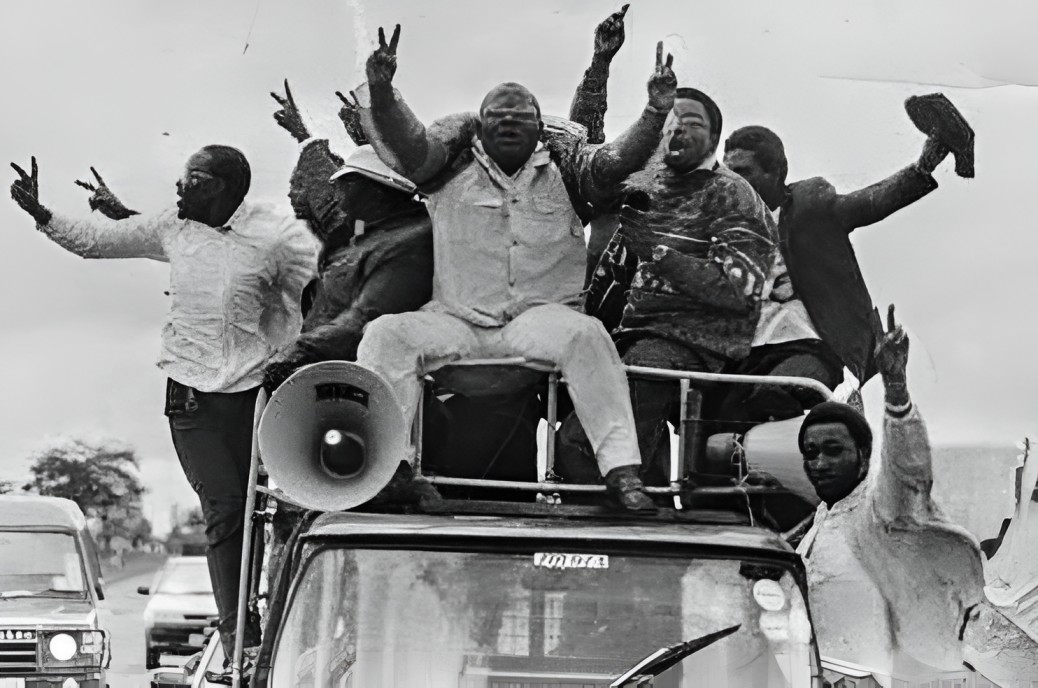As Kenya braces for potential nationwide protests on Monday, July 7, the date evokes powerful memories of another pivotal moment in the country’s history, Saba Saba Day, 1990 when a wave of defiance against authoritarian rule reshaped Kenya’s political trajectory.
Then, under the firm grip of President Daniel Arap Moi, Kenya was a one-party state where dissent was criminalized and political freedom suppressed.
The ruling party, KANU, had cemented its monopoly on power in 1982 through a constitutional amendment that outlawed all other political formations.
Any call for political pluralism was treated as a threat to national unity.
But global tides were shifting. The Cold War was crumbling, communism was on its deathbed, and the Berlin Wall had fallen.
Even though Kenya identified as part of the Non-Aligned Movement, neutral in the ideological battle between East and West it could not remain untouched by growing international and domestic demands for reform.
In 1990, the suspicious murder of Foreign Minister Dr. Robert Ouko, a reformist voice within the Cabinet, further rattled the country. The government’s claim that he had committed suicide only deepened public mistrust and widened cracks in Moi’s administration.
That same year, opposition leaders Kenneth Matiba and Charles Rubia made a bold call for multi-party democracy. They planned a rally at Kamukunji Grounds on July 7 to demand the repeal of Section 2A of the Constitution.
Their arrest, the day before failed to deter the thousands who turned up in defiance. Security forces responded with brute force firing live bullets, using tear gas, and arresting hundreds. The protests raged for days, and at least 20 people were killed.
Stepping into the vacuum left by the detained leaders were veteran politicians like Martin Shikuku and Masinde Muliro, and a new generation of firebrand reformists Raila Odinga, Gitobu Imanyara, Paul Muite, James Orengo, Kiraitu Murungi, and Mukhisa Kituyi later dubbed the “Young Turks.” They were backed by religious leaders like Bishop Henry Okullu, Rev. Timothy Njoya, and Archbishop Ndingi Mwana a'Nzeki, who gave the pro-democracy movement moral legitimacy.
Faced with mounting pressure at home and abroad, President Moi relented. In December 1991, KANU delegates voted to repeal Section 2A, ushering in multi-party democracy and altering Kenya’s political landscape permanently.
Since then, Saba Saba has become a symbol of civic resistance and democratic aspiration.
This year’s anticipated protests are a reminder that Kenyans continue to hold July 7 as a sacred day of accountability and a call to reflect on the gains made and the work that remains in safeguarding civil liberties and democratic governance.
